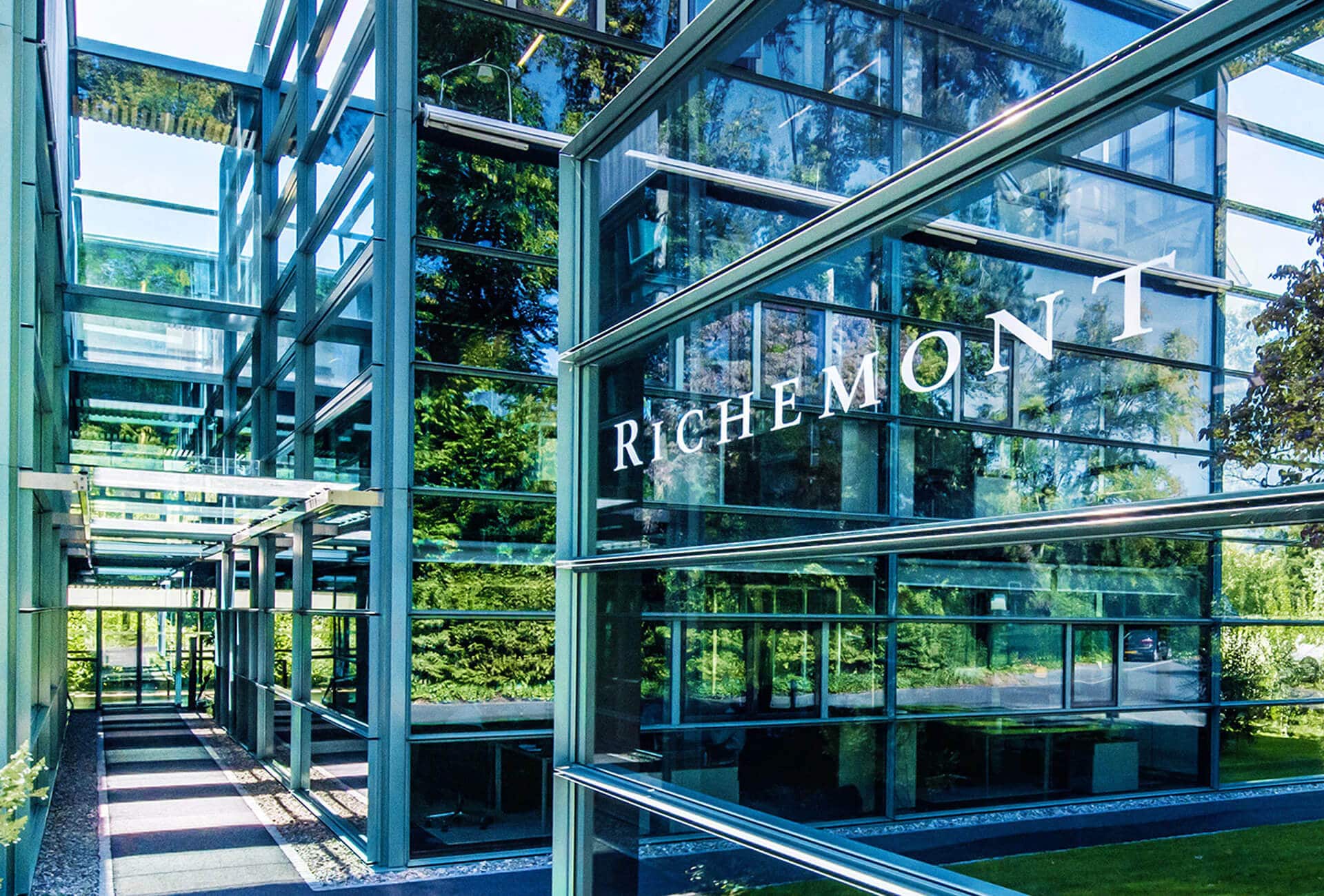[vc_row njt-role-user-roles=”administrator,armember”][vc_column][vc_column_text]
San Francisco first. New York, then. And now Paris. Morin Oluwole joined the social network in 2006 and began her career as Vice President of Global Marketing Solutions at Facebook. Today, she heads Facebook’s Luxury Division and Instagram. While the health crisis has been raging for several months, this digital specialist continues to accompany the major luxury brands in their digital development, notably through tools made available by the group’s platforms. This is the case, for example, with Facebook Shops, a free e-commerce platform for companies launched in May 2020. This tool lets professionals choose the products they wish to promote, customize their store according to their image, and then sell to the greatest number.
Is the recent launch of the Facebook Shops feature directly related to the current health crisis?
It is true that the subject of online commerce has been a key topic for Facebook for some time, but for this product that is Facebook Shops, we have done everything possible to bring it out as soon as possible, in May 2020, in order to help all the companies that are hard hit by the Covid-19 crisis, and to offer them a digital solution. Indeed, Facebook Shops gives the possibility to all brands to create their own store, either on Facebook or on Instagram.
Brands can thus create their own stores with their product lines. Thus, with the implementation by the companies of the said technology and Check-Out, consumers can, since 2019, finalize their purchases on Instagram in the United States.
What are the different functionalities of this application and how is it innovative?
Instagram counts more than 1 billion people while Facebook has more than 2.7M active users per month. And these users who spend time on these two social networks want to interact with luxury brands. The objective for us is therefore to ensure that brands and companies can perform on these platforms from the point of view of their e-commerce, and more generally of their business.
That’s why the new functionalities proposed by Facebook Shops seem to us essential. Whatever their size or sector of activity, companies can now fully express themselves on Facebook platforms thanks to our personalization tools, but also offer a more fluid user experience. And this will include reducing the number of clicks as much as possible to facilitate the purchasing act.
For you, what role can Facebook play in facilitating this customer journey?
Facebook’s value proposition is precisely to be able to meet the needs of brands and companies at every stage of the customer journey. And we do this in different ways, depending of course on the objectives of the brand or company. One of the strengths of Facebook, Messenger, Whatsapp and Instagram is precisely personalization.
We have the capacity to offer visuals, products or contents that are relevant to the Internet user according to his interests and, above all, his behavior. This also explains our successful performance in getting consumers to buy directly from our platforms.
Secondly, our strengths also lie in the diversity of visual merchandising tools available to companies, which enable luxury brands in particular to create adapted branded content, but also to highlight products in the most creative way possible.
Obviously, Facebook Shops will offer e-merchants the opportunity to showcase their products through advertising for example. And that’s something we want to extend to Messenger and WhatsApp as well one day. This is all the more important since we also provide companies with the tools to measure the impact of their activities, campaigns and marketing operations, which gives them the opportunity to develop their business.
How would you define this digital transformation, which has accelerated since the start of the health crisis?
This crisis has indeed accelerated certain behaviors, especially in the relationship between consumers and brands. Two thirds of consumers now indicate that they make their decision to buy a product based on the actions of the brand or the commitments it may have made during and even after the crisis. For example, the manufacture of hydroalcoholic gels, shirts for caregivers, masks, etc., is a good example.
This means that the concept of “corporate citizenship” can be a determining factor in purchasing. Secondly, brands have invested heavily in e-commerce to increase the fluidity of the customer experience. This is why all our functionalities are created for the mobile experience. Because that’s where people spend most of their time.
Another essential lever of digital acceleration: the in-store experience. Because companies want to transform this experience into a store experience that will no longer be the same because of the new hygiene measures, but also because of the digital transformation.
Read also > FACEBOOK EMPIRE PUSHES FURTHER INTO E-COMMERCE WITH LAUNCH OF ONLINE SHOPS
Featured photo: Morin Oluwole © Press[/vc_column_text][/vc_column][/vc_row]








